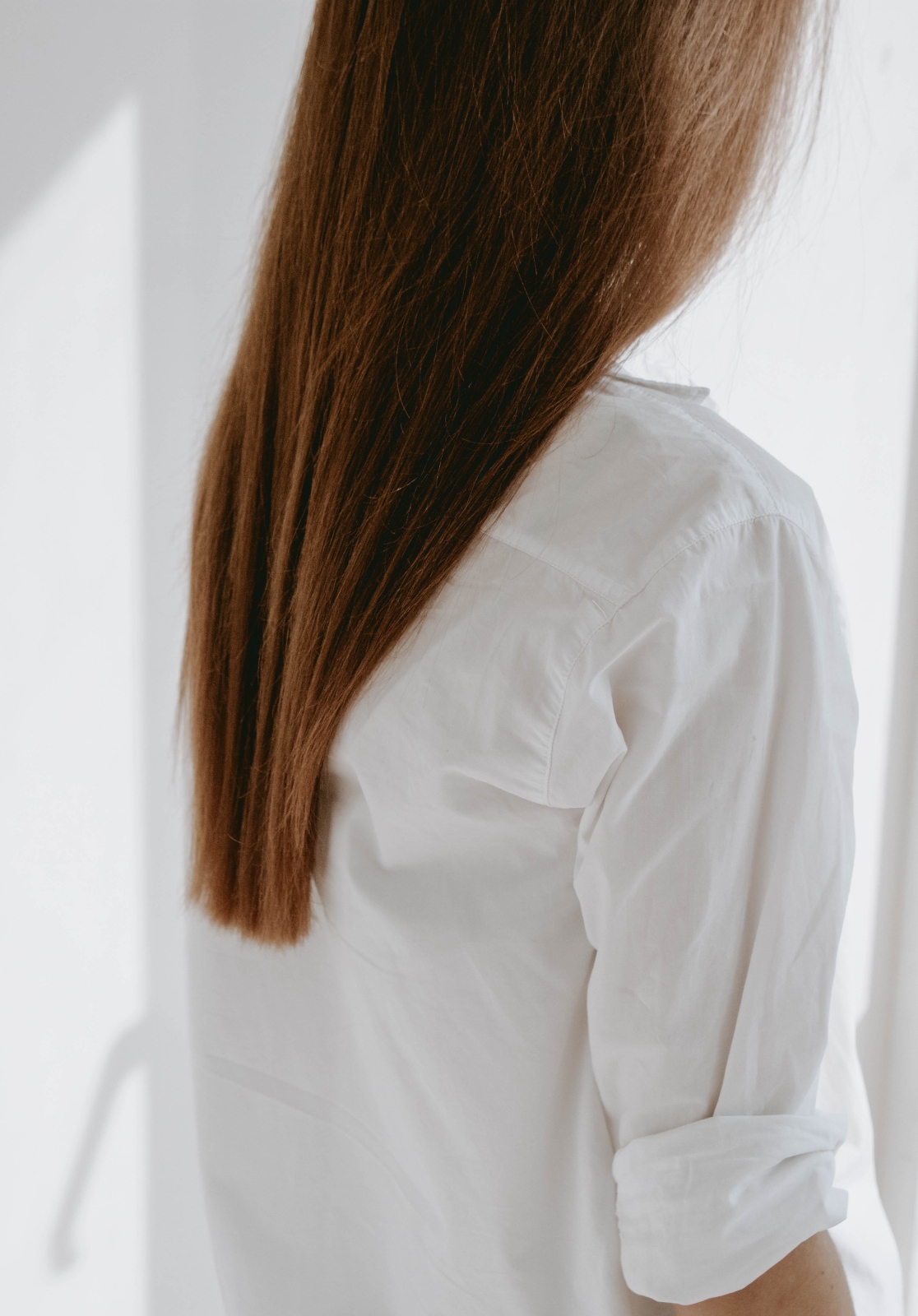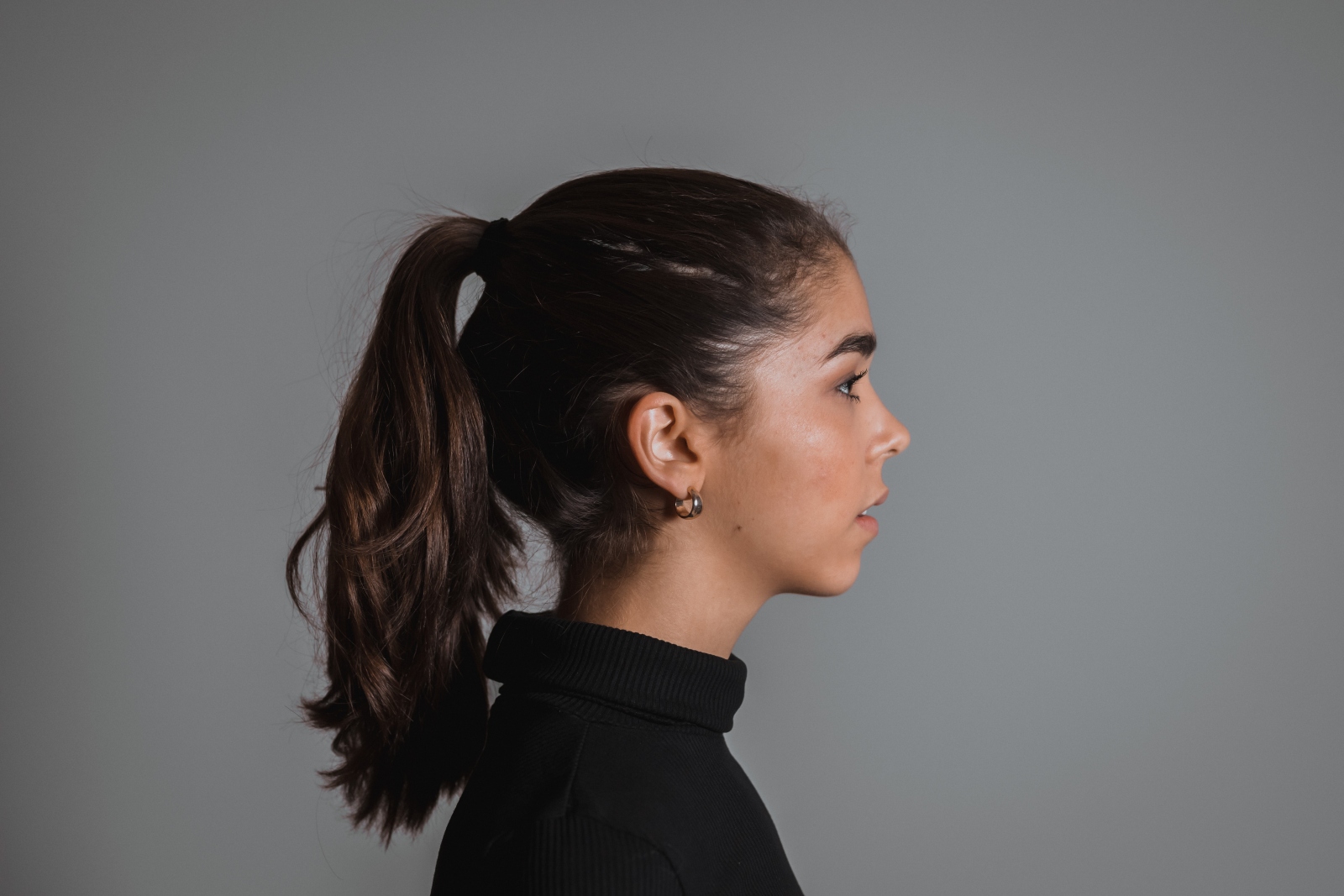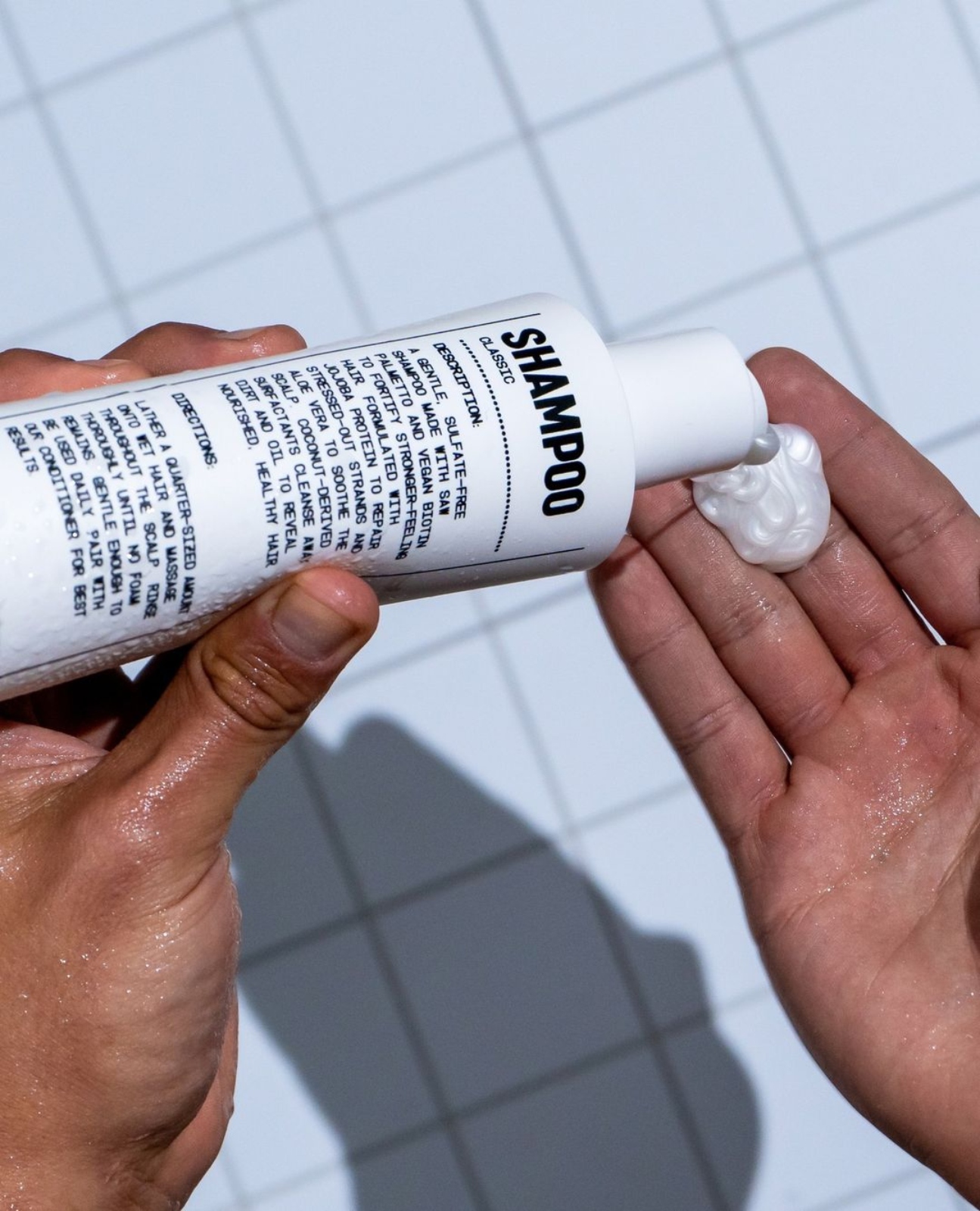Don’t ignore hair care and scalp care, even after a workout. Here’s what an expert has to say about this
When it comes to self-care, the hair and the scalp are often overlooked. Even skincare enthusiasts would sometimes forget to include their scalps in their routines. As a result of a lack of care expended on these, hair is left to look damaged while the scalp creates buildup. But that’s not the end of it.
RELATED: 3 Summer Skincare Tips For Dry and Damaged Skin
If you don’t take care of what goes on at the top of your head, your hair health could deteriorate, leaving bald patches. However, there are solutions to these everyday problems. To bring expert insight to this matter, we asked Dr. Rafael Fortus of Clinique de Paris all our burning questions.

Certified at the London Academy for hair restoration, Dr. Rafael is a medical doctor at Clinique de Paris, a clinic dedicated to helping people understand the common causes of hair loss and how to grow it back. “Although hair loss can be a family trait, it doesn’t have to be your destiny thanks to modern medicine,” he remarked.
On the topic of common causes, Dr. Rafael said that the most common cause of hair loss is androgenic alopecia, which is a combination of genetics and hormones. According to him, hair loss is very common, and up to 50% of men and 40% of women will experience it by the time they’re 50. “Unfortunately, most suffer in silence or wait until it’s too late,” Dr. Rafael said. He noted that a hormone called dihydrotestosterone is responsible for both male and female pattern baldness. In men, this tends to affect the temples and crown whereas it causes generalized thinning for women.
“While genetic hair loss accounts for 90% of all alopecia cases, other causes can include auto-immune diseases (alopecia areata, frontal fibrosing alopecia), tight hairstyles (traction alopecia), medications, post-partum alopecia, and severe illness,” Dr. Rafael mentioned.

So what can people do to take better care of their hair and scalp? According to Dr. Rafael, you should first see a professional if you’re experiencing hair loss. “Alopecia is a medical condition, and self-diagnosis and treatment can often lead to little or no improvement. A proper scalp assessment using a camera (trichoscope) can help differentiate the causes of hair loss and point to the correct treatment,” he noted. With that, he highlighted that the best-proven treatments for hair loss include such things as medications, platelet-rich plasma (or platelet mesotherapy), and hair transplantation.
Dr. Rafael also recommends having a balanced diet, which includes zinc, vitamin C, biotin, and iron. “These have been scientifically demonstrated to improve hair growth and skin collagen. Natural foods are always better than supplements,” he clarified.

RELATED: How to Eat Your Way to Healthy Hair
Dr. Rafael adds, “Quit smoking, which includes vaping. These are generally harmful to your skin and circulation and can reduce the quality and quantity of your hair. You’ll notice benefits to your skin and general well-being, too!”
RELATED: Fast Facts on Why and How You Should Quit Vaping
Finally, Dr. Rafael says to avoid harsh bleaches or products whenever possible because these can chemically burn skin and damage hair. Instead, choose natural, organic, and mild shampoos that are free from specific ingredients or at least have them in lower concentrations. The most common shampoo ingredients you should be wary of are sulfates, parabens, synthetic fragrances, and silicones.

He says to watch out for sulfates commonly found in shampoos because these can be harsh on the scalp and hair, causing dryness, irritation, and stripping the hair of its natural oils. Meanwhile, parabens—though used in hair care products to prevent the growth of bacteria and mold—have been linked to hormonal imbalances and other health concerns. Synthetic fragrances can also cause scalp irritation and allergic reactions in some people, while silicones can build up on the scalp and clog hair follicles, leading to scalp irritation and hair damage.
Hair and scalp damage can also be mitigated by practicing good post-workout hygiene. Dr. Rafael said that though exercise is excellent for your body and skin inside and out, you should remember to towel dry your hair or use a hair dryer to avoid fungal overgrowth on the scalp after a workout. He also advises against using intense heat or hair straighteners on wet hair as they can release gas bubbles, which make hair crack and potentially break.

As mentioned above, there are treatments designed to address hair loss and regrow hair. Some examples include hair transplantation and platelet mesotherapy. With expert hair transplants, you can expect natural and permanent results with minimal downtime. Meanwhile, platelet mesotherapy uses your own blood to stimulate follicles to reduce hair fall, increase the thickness of individual strands, and improve circulation to the scalp. Notably, Dr. Rafael mentioned that Clinique de Paris has also helped a lot of men and women achieve their ideal hairlines when transitioning gender identities, claiming that they promote an inclusive and safe environment for all people.







